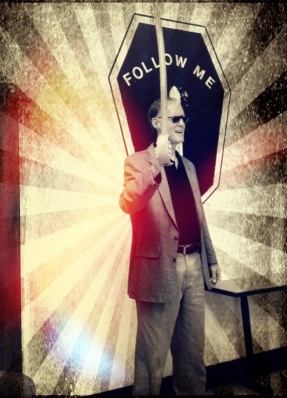...Ages ago, Aristotle thought it did, but these days a lot of people seem to doubt it. Surveys show that Americans are abandoning cultural institutions. Since the early 2000s, fewer and fewer people say that they visit art museums and galleries, go to see plays or attend classical music concerts, opera or ballet. College students are fleeing the humanities for the computer sciences, having apparently decided that a professional leg up is more important than the state of their souls...
I’d argue that we have become so sad, lonely, angry and mean as a society in part because so many people have not been taught or don’t bother practicing to enter sympathetically into the minds of their fellow human beings. We’re overpoliticized while growing increasingly undermoralized, underspiritualized, undercultured.
The alternative is to rediscover the
humanist code. It is based on the idea that unless you immerse yourself in the
humanities, you may never confront the most important question:
How should I live my life?
Ralph Waldo
Emerson, for example, argued that we consume culture to enlarge our hearts and minds. We start with the tiny circle of our own experience, but gradually we acquire more expansive ways of seeing the world. Peer pressure and convention may try to hem us in, but the humanistic mind expands outward to wider and wider circles of awareness...
Consuming culture gives us the emotional knowledge that can make us better people. David Brooks,
How to Save a Sad, Lonely, Angry and Mean Society

























